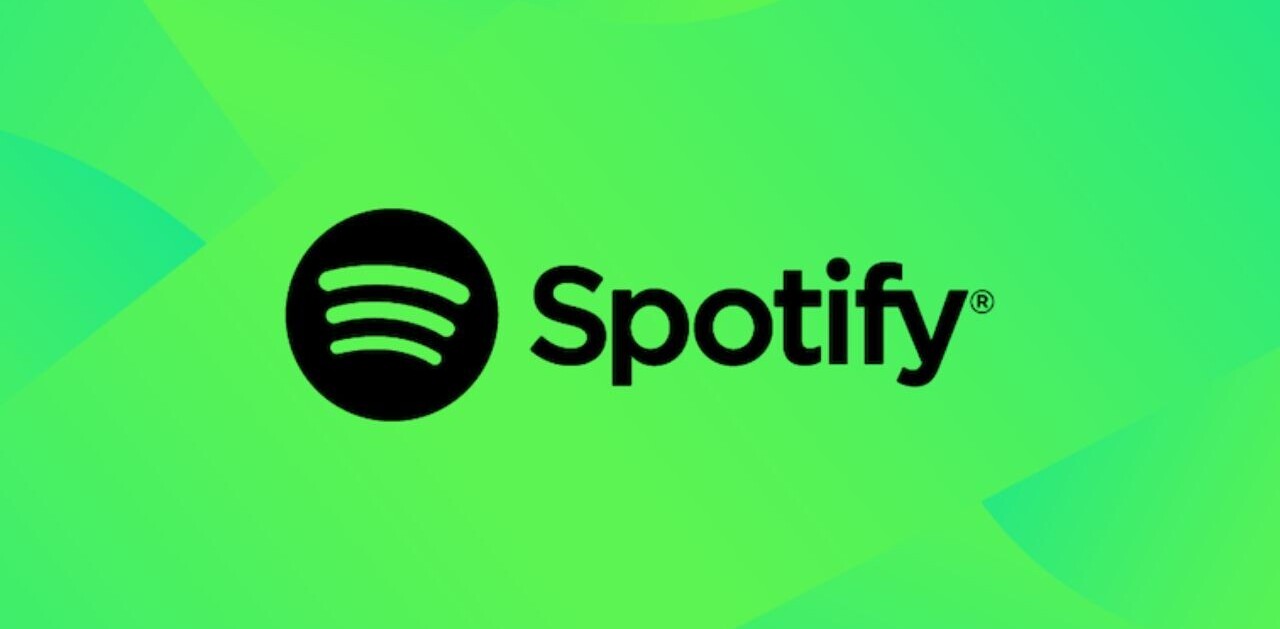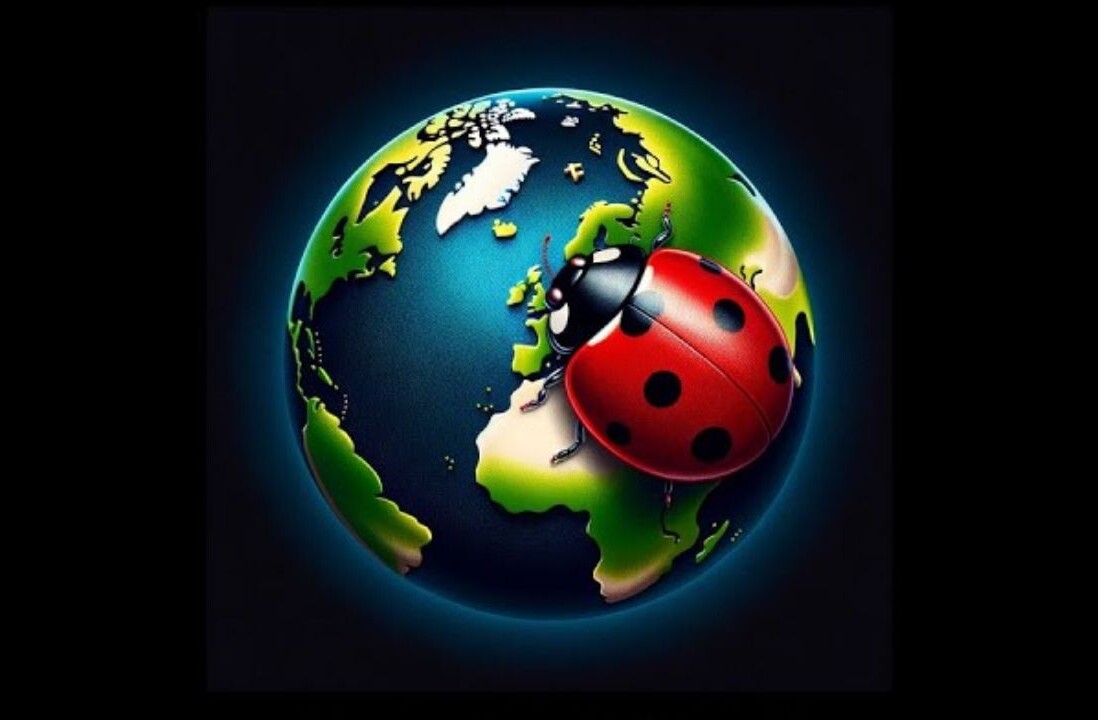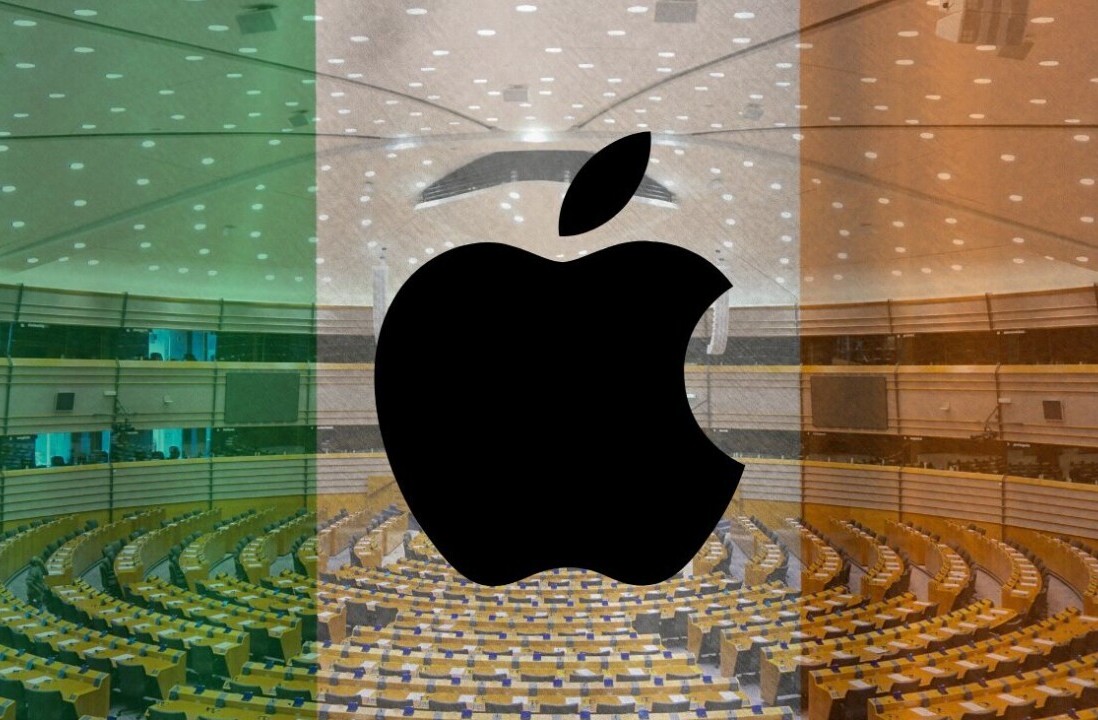
When iTunes Match was released yesterday to developers, we discovered that it seemed to allow you to stream music from your device or another computer as long as your music was uploaded to iCloud. Now Apple has told All Things D that it iCloud does not actually stream music and instead users are able to play songs back as they are downloaded.
An Apple spokesperson told the site that any music that you want to access from iCloud will still need to be stored locally on your computer or iDevice while you’re listening to it. Apple says that what appears to be streaming now is really a simultaneous ‘listen and download’.
This gives it the appearance of streaming, but it is in fact caching, either locally on a computer or in a portion of your iPhone or iPad’s memory. At least, that is the conjecture, as Apple is staying mum on the rest of the details about iTunes Match. Apparently it just wanted to poke its head out of the ground to dispel all of this excited talk about ‘streaming’.
Yesterday I conjectured that it had taken this long for Apple to reveal that streaming would be possible because of licensing issues that it had now apparently worked out. Not so, says a record executive that spoke to Peter Kafka. He says that Apple actually did acquire streaming rights along with the right to store music in iCloud, but that Apple doesn’t want to exercise those rights for ‘philosophical’ reasons.
Apple’ platform is all about these files on their devices, that have incredibly great playback experience for the consumer. The other cloud version, the Google version, of playback on any device on the cloud – they’re not interested in that. Apple is using the cloud to fix and advance their ecosystem.
The added strain of the millions of iDevice users suddenly playing all of their music from the cloud instead of storing it locally on their devices is another issue that’s mentioned. The carriers would see an enormous increase in traffic from a fully integrated streaming solution like this, one that Apple doesn’t feel that they are prepared for. Any hiccups in service would, of course, be the carrier’s fault, but from a consumer’s perspective, it would be Apple’s devices that were failing to play back music in a smooth, unencumbered fashion.
You say streaming, I say downloading
The explanation from Apple seems a bit suspect to me, if I’m being honest, as does Kafka’s possible justifications. Streaming music apps like Rdio and Spotify all cache songs as they play them. This enables a user to enjoy a smooth, unbroken streaming experience even if their network connection is interrupted at some point. So the difference between ‘downloading and streaming at the same time’ and ‘caching while streaming’ becomes a matter of terminology more than anything else.
There are a couple of possible reasons for Apple’s attempt to clarify ‘streaming’ versus ‘downloading’. First, there is a possibility that the licensing for streaming may be set for the company that this executive represents, but not others. This would mean that Apple is still pursuing streaming rights from other labels and didn’t want a ‘streaming’ feature publicized before it had all of the deals in place.
Another possibility that seems likely has to do with Apple’s philosophy when it comes to customer-facing features. It is likely that Apple just doesn’t want a customer to know the difference between playing a song from the device or playing it from iCloud.
Apple has a long history of wanting to make things as simple as possible for the customer. This is why it doesn’t talk to customers directly about hardware specifications or how it makes things happen. It’s also why you won’t find the word ‘sync’ anywhere in the iCloud presentation at WWDC. Apple doesn’t want its customers to have to think about where a song is coming from, it just wants them to be able to play their music, all of it, from wherever they are.
This means that Apple would want to kill any talk of ‘streaming’ versus ‘downloading’ before customers got too dead set on the idea that there was a distinct difference between the two when it comes to its devices.
Apple just wants people to be able to play their music without thinking about the technical differences. In the end, all songs that are streamed are downloaded at the same time to a device that is streaming them, so this explanation seems to be a matter of language, rather than an actual technical difference.
When a song is played from the iPhone over iCloud currently, it begins playing back immediately. If Airplane mode (cutting off all data access) is enabled, it will not play. If you play a track first, effectively ‘caching’ it, then enable Airplane mode, attempt to play another song and then try to play that first song again, it will not play. We tested this behavior ourselves but if you’d like to see it in action you can do so in the video below from iDownloadblog.
This means that the song’s cache is cleared, effectively rendering it temporary. This adds weight to the argument that is in fact a ‘streaming’ service rather than a downloading service.
This also means that there is a distinct difference between tapping the ‘iCloud’ button on the right to download a track or simply tapping on the track itself to play it. If you download it using the iCloud icon, it is available for play after you turn on Airplay mode, no matter what other tracks you play.
This means that tapping on a song will stream it, only temporarily storing it. Presumably the cache is cleared when you stream another song.
There are still questions that remain, however. The whole issue of streaming versus downloading could come down to what happens when you’re playing songs from your iCloud library and you fill up your device. Will it warn you and make you delete older ones? What will happen to users that don’t realize they need to tap on the iCloud icon to download a song permanently, not just tap on the song to play it? This could be a problem if they lose their network connection and try to play a song whose cache has been removed.
We’ll keep our eyes peeled for further clarification on this, but it’s possible we’ll just have to wait for the official release this fall to find out. But even if things stayed as they are today, the end result to the customer is the same, they tap on a song and it plays. And that sounds like Apple.
Get the TNW newsletter
Get the most important tech news in your inbox each week.







